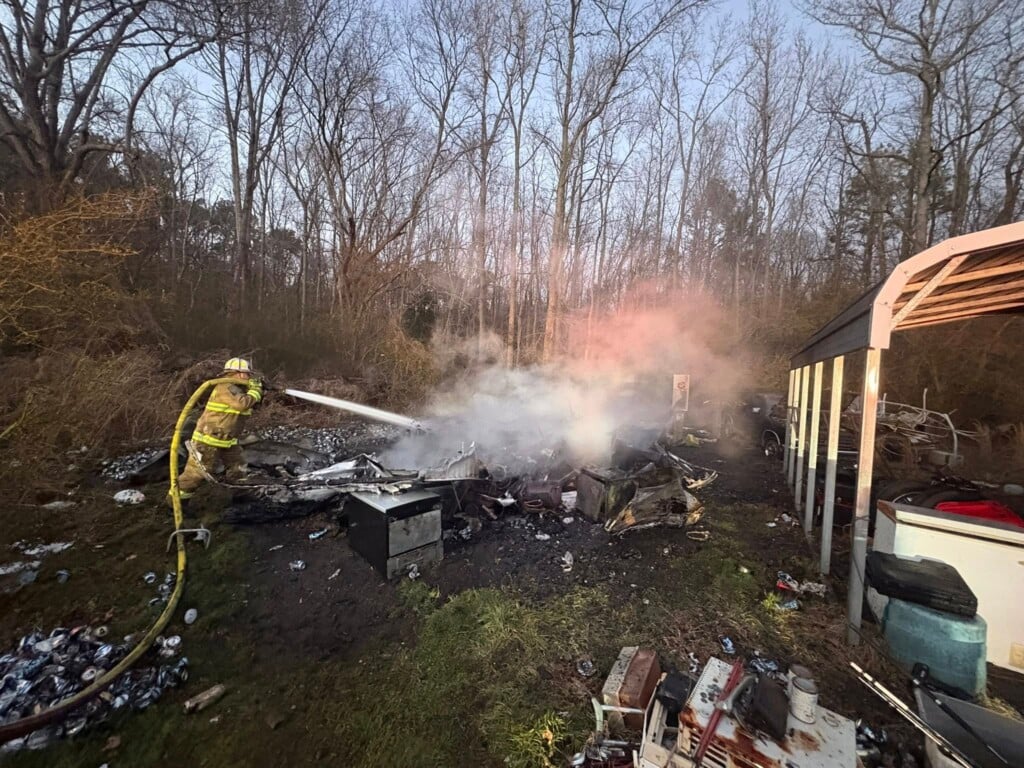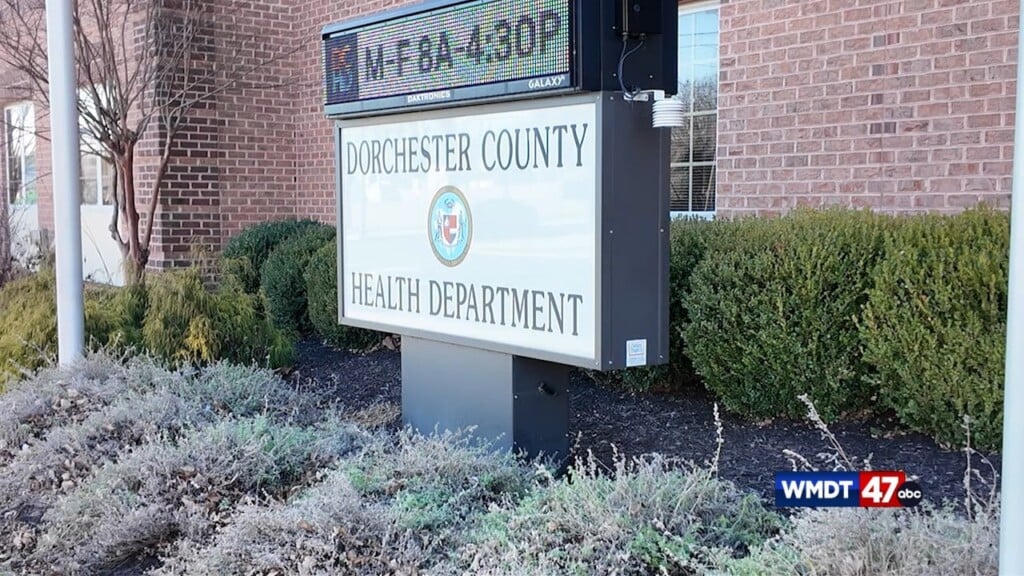Gearing up for Autism Awareness Month, what the community can do to be more inclusive
DELMARVA – Delmarva community members and organizations are gearing up for the colorful, puzzle-filled Autism Awareness Month. Mental health experts and autism-related organizations are taking a look at how far the autism community has come over the past few years. “There are still just so many unknowns that make supporting families with autism and the journey with autism a real challenge,” says David Woods, the Fun Development and Engagement Director of Autism Delaware.
Woods tells me their organization began 25 years ago. “We started with families in a living room dedicated to just helping each other navigate the challenges of autism.” Years later, Woods says, “We support hundreds of families across the state navigating the challenges and the victories.”
However, he says it’s been a long journey, and they’ve only just touched the surface when it comes to creating an inclusive environment. “It’s important for autism awareness month to really bridge the gap between a lot of the divisions we have in our world,” says Woods. He adds, “We’re trying to really move the broader community away from just becoming aware and now into acceptance and inclusion.”
Meanwhile, Skyler Irons is a local clinical therapist with Balance Point Wellness who works with those on the autism spectrum; a developmental disorder that can look different for all people. It can affect your communication, your processing, and even motor skills. According to the CDC, 1 in 44 children aged eight years are diagnosed with autism. This estimate is up from the 2016 numbers of 1 in 54, and in 200, the rate was 1 in 150.
However, Irons tells 47 ABC, that the mental health community is making great strides in understanding, and helping those with autism communicate. “A lot of the time my work is raising awareness and insight into what makes them different than leading that to acceptance of those differences and harnessing them,” says Irons. She adds, “We work on interpersonal skills, communication, finding the right job and even path in your life.”
Although experts say there have been great strides in enhancing services and support for adults with autism in Delmarva, there’s still a long way to go. Irons states, “In a lot of ways, it is hard to identify if someone is maybe on the spectrum.” She adds, ” There’s a lot of misinformation through the years and I think we’re learning a lot now.”
That’s why organizations like Autism DE say their work, like many, is creating unity in a community that they say is divided. “Autism is a lifelong disorder, and families affected by autism are going to deal with this every single day for the rest of their lives,” says Woods. He adds, “You’ve got cultures you might think don’t get along but are coming together because of their shared understanding and experience in autism.”
Autism awareness advocates say community members should strive to be more aware, understanding, and inclusive of the autism community. “We believe folks with autism should be able to enjoy the community like anybody else,” says Woods. Irons adds, “It’s okay to not fit into a box, it’s okay to be different, and there are so many superpowers that come from that.”
Both Woods and Irons say they hope Autism Awareness Month shows more ways for community members to support their fellow peers and neighbors. “Whether that’s through gestures, smiles, whether that’s through writing and communicating via that way, or just raising awareness through social media,” says Irons. She adds, “That means were spreading the word and more people are identifying kind of what has made them different.”
Irons says there needs to be more work done to understand the difference between ADHD (Attention-deficit/hyperactivity disorder), and ASD (Autism Spectrum Disorder), versus those who have symptoms but don’t have a clinical diagnosis.
She also says tells 47 ABC, there is more research that needs to be done on the difference between autism in men versus women which can better include everyone in the discussion of autism. “There’s a lot to come, and I can’t wait to see how the DSM develops to kind of cater to the new research that we’re going to be doing for adults and also for females.” Irons adds, “I really want to see more people coming into my office and wanting to kind of get rid of all of this shame and this guilt that has developed over the years because of their differences.”
If you would like to be tested for autism or want more developmental health-related services, you can visit Atlantic General Hospital’s developmental health care service department. Or call the Autism Delaware Family Support team at (302) 224-6020, extension 219.
You can call the Autism Chapter on the Eastern Shore to volunteer or for more info at 443-614-0344. Or call Autism Delaware at (302) 224-6020.


